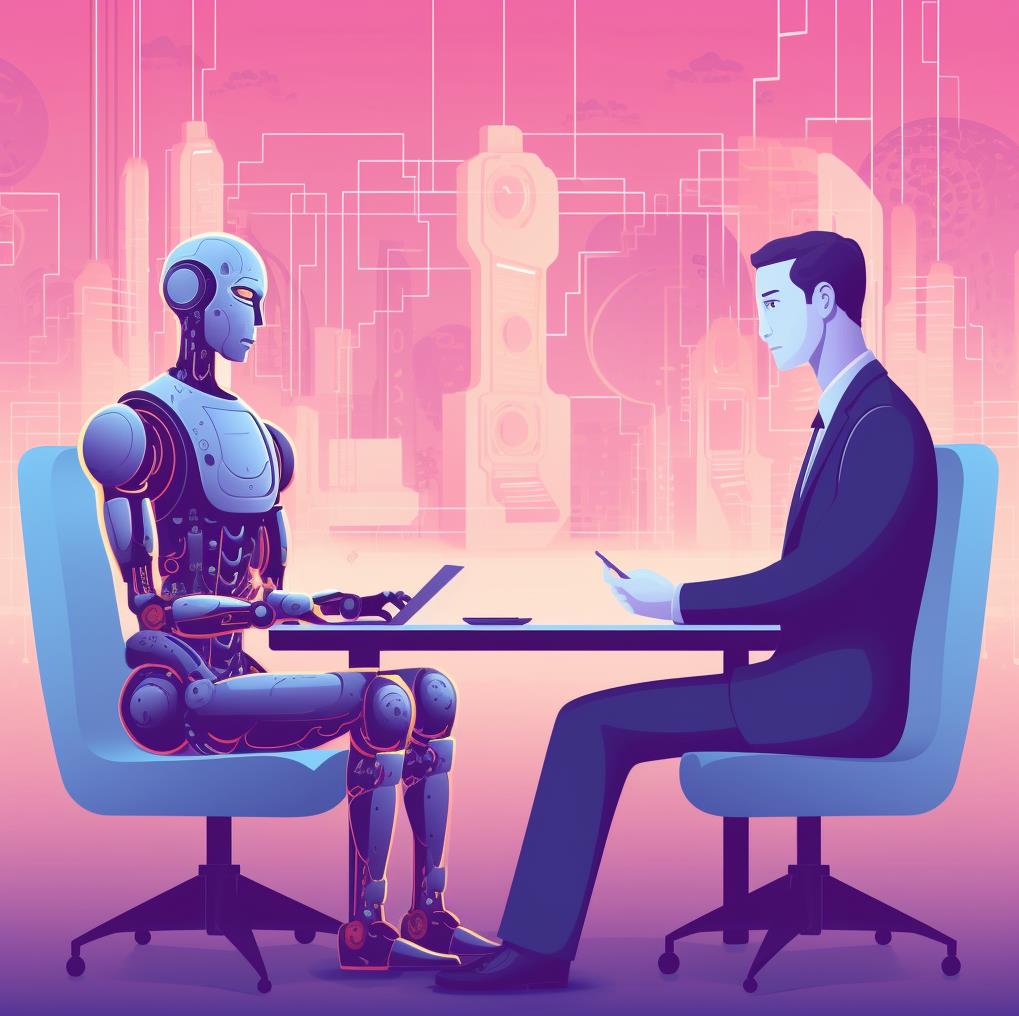
QuickByte: 5 Key Takeaways
Fasten your seat belts and put on your thinking caps. We’re entering the Exponential Age. Rapid advancements in AI technologies promise a global productivity increase that could potentially boost the global GDP by a staggering 7%, according to an enlightening research note from Goldman Sachs.
However, a future powered by artificial intelligence isn’t all smooth sailing. There’s a significant iceberg in our path – job automation. Roughly two thirds of U.S. occupations could witness partial or full automation, Goldman Sachs warns. Depending on the industry, automation could impact anywhere from 25% to 46% of tasks. This suggests that roles with half or more of their tasks automated might be replaced, while jobs with less than half may benefit from AI as a productivity-boosting partner.
Now, let’s bear with a ‘grizzly’ reality. The new technological landscape is expected to stimulate competition. The firms that can harness these technologies are likely to grow and prosper, while those lagging behind may face extinction. As Azeem Azhar’s book aptly illustrates with the parable of two men and a grizzly bear, it’s not about outrunning the bear, but outrunning your companion. And in this case, the companion is your competitor.
One might bear-ly believe it, but with AI stepping into the shoes of many middle-tier roles, firms could look at thinning out their workforce. In essence, this might result in well-trained, AI-assisted juniors working under a smaller group of experienced seniors. As these tech-enhanced “cubs” make their way up the corporate ladder, we might witness a new evolution of the firm’s structure.
Despite this challenging transition, we should not neglect the predicted 7% productivity growth. An AI-integrated economy promises to create new opportunities and roles, perhaps even roles that didn’t exist before. Interestingly, economist David Orta points out that 85% of employment growth in the U.S. over the last 80 years has been in jobs that didn’t exist in 1940. As AI technologies are rolled out, they will inevitably catalyze the emergence of new jobs. However, the million-dollar question is – when will these jobs materialize, and will it be soon enough?
While new roles may emerge as a result of economic growth and the development of new sectors such as the bioeconomy and the green economy, a serious consideration will be the reskilling of displaced workers. It’s not just about whether they want to transition, but if they have the resources and support to do so. Additionally, ensuring that the jobs created are in the regions where people live is critical.
With AI technologies on the fast track to broad adoption, there’s a need for strong and proactive interventions to tackle this potentially sharp transition. Government involvement will be crucial to ensure that the transition into the Exponential Age doesn’t leave anyone behind. After all, navigating an AI-dominated future is not a solitary journey, but a collective endeavour. It’s time we bear down on these challenges and turn them into opportunities.
Leave Your Comment